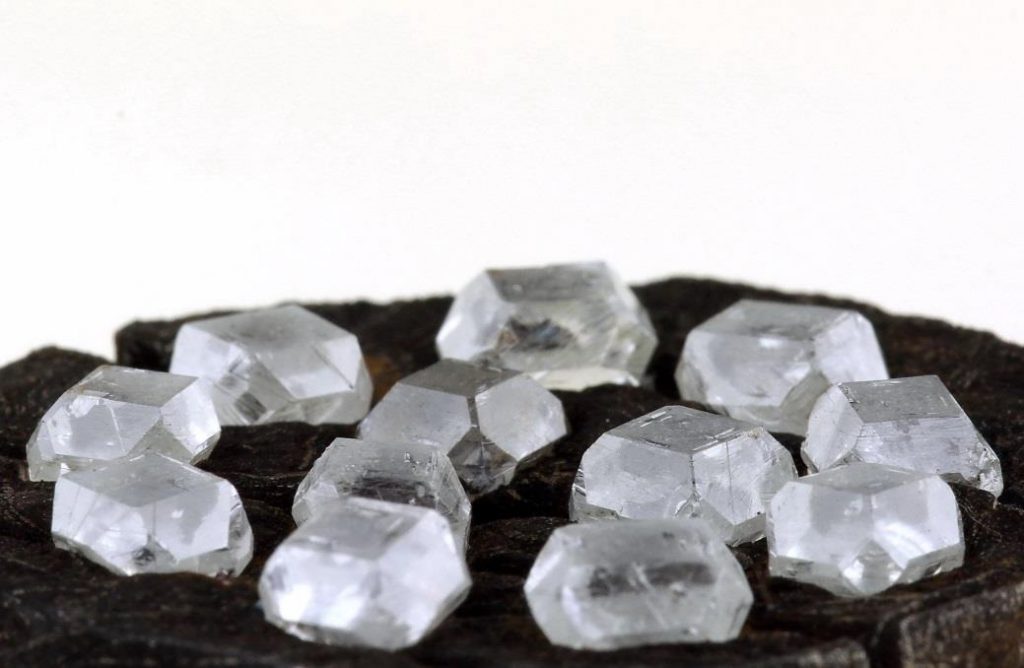
The main difference between a natural mined diamond and a laboratory grown diamond is their origin. Natural diamonds are formed deep within the Earth’s mantle under extreme heat and pressure over millions of years, while laboratory grown diamonds are created in a controlled environment in a laboratory setting.
Some other differences between natural mined diamonds and laboratory grown diamonds include:
- Cost: Laboratory grown diamonds are generally less expensive than natural mined diamonds, as they don’t require expensive mining and extraction processes.
- Clarity: Laboratory grown diamonds are generally more consistent in terms of their clarity, as they are grown under controlled conditions. Natural mined diamonds can have inclusions or blemishes, which can affect their clarity and value.
- Size and Colour: Laboratory grown diamonds can be grown to larger sizes and in a wider range of colours, which may not be as easily available in natural mined diamonds.
- Environmental impact: The environmental impact of laboratory grown diamonds is generally considered to be lower than that of natural mined diamonds, as mining can have a significant impact on the environment.
- Rarity and Value: Natural mined diamonds are still considered more rare and valuable than laboratory grown diamonds, due to their long history and cultural significance.
Ultimately, whether someone chooses a natural mined diamond or a laboratory grown diamond may depend on their personal preferences and priorities, such as environmental concerns, budget, or the desire for a natural, unique stone.
It is worth noting that both natural mined diamonds and laboratory grown diamonds are chemically and physically identical, and both can be certified and graded by independent gemmological laboratories based on the same criteria.
Source: Roy Cohen DCLA